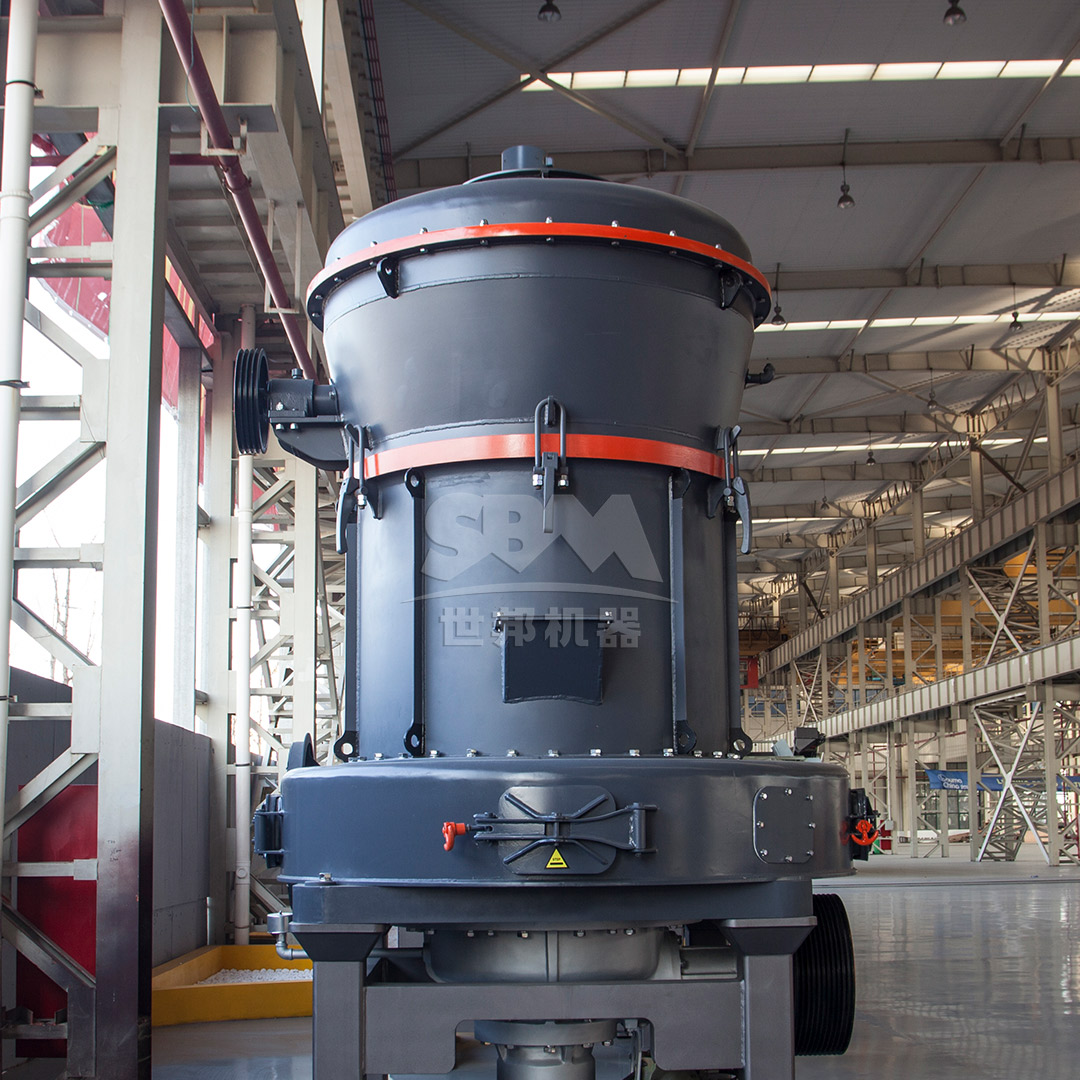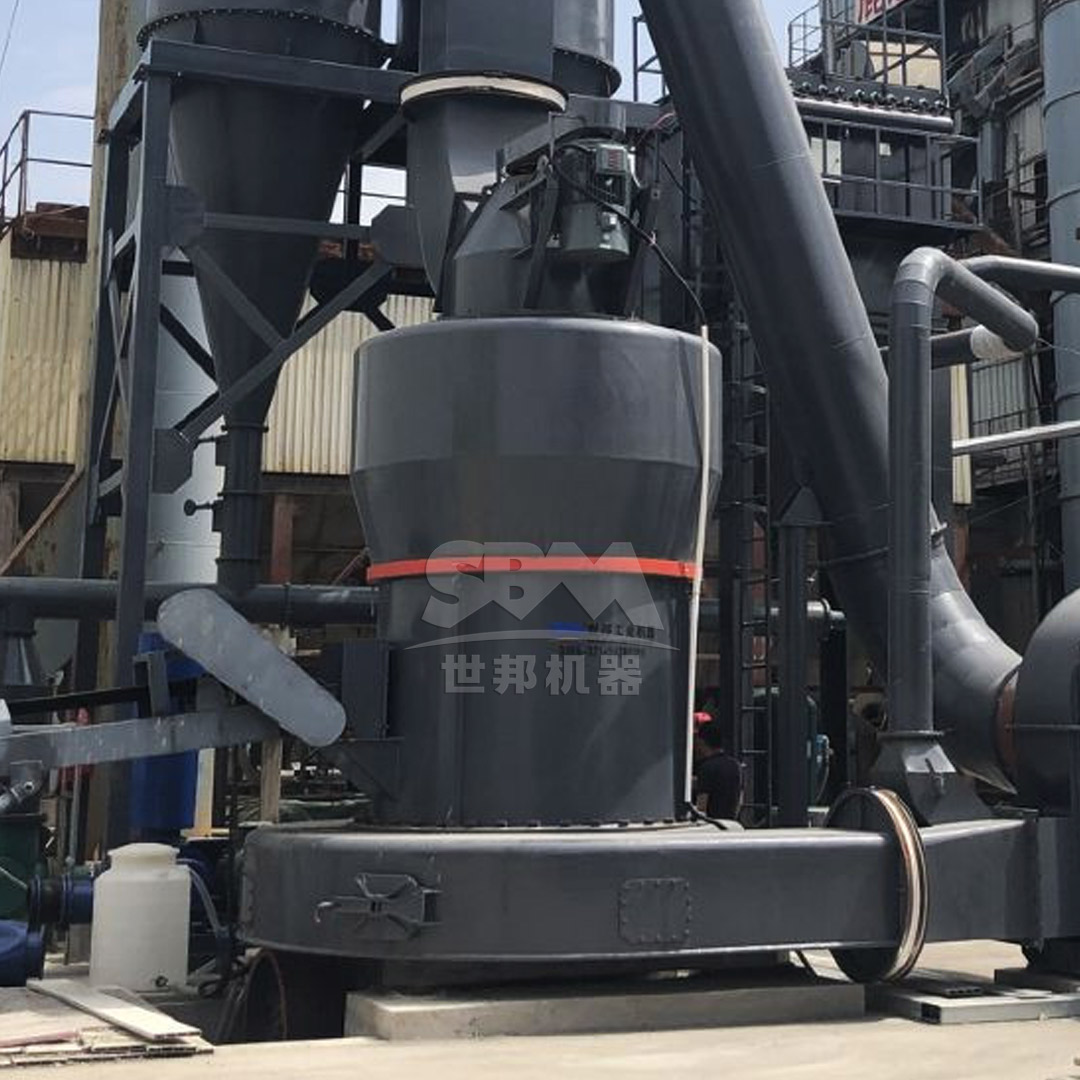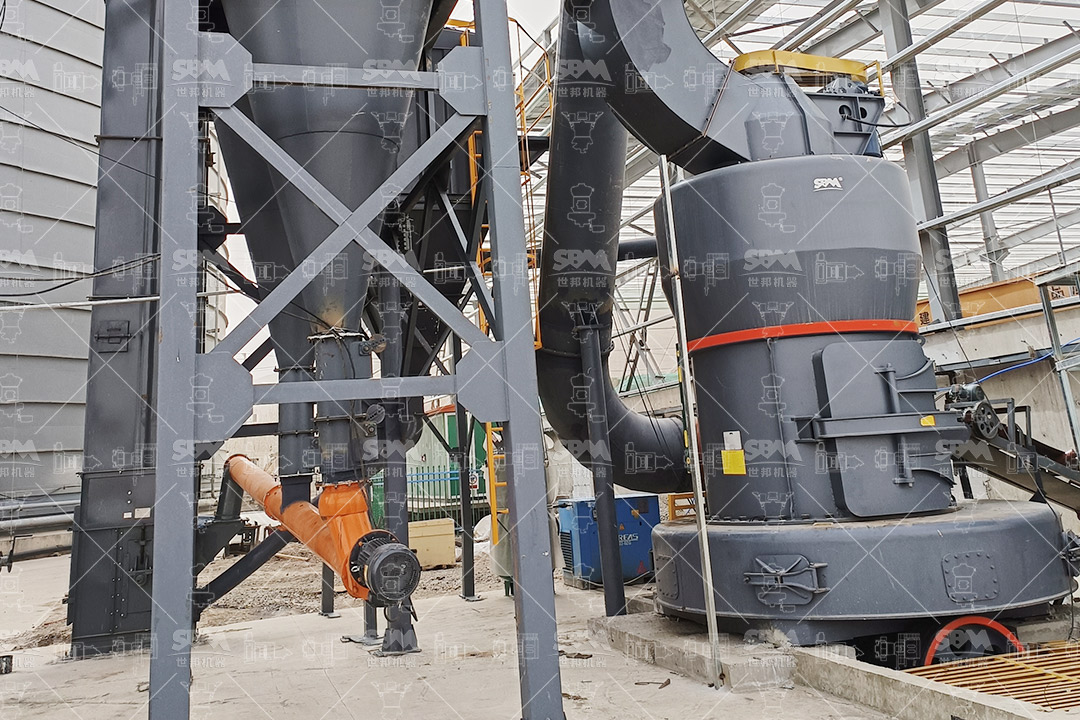Dolomite, a calcium magnesium carbonate mineral, serves as an essential raw material in glassware production, contributing significantly to the thermal stability, chemical durability, and optical clarity of finished glass products. The quality of dolomite powder directly influences the melting characteristics, viscosity control, and final properties of glass. As such, selecting the appropriate milling equipment becomes paramount for glass manufacturers seeking to achieve consistent, high-quality output while maintaining operational efficiency.
The transformation of raw dolomite into precisely controlled powder requires sophisticated milling technology capable of delivering specific particle size distributions, chemical purity, and production throughput. This comprehensive guide examines the key factors in dolomite mill selection and presents optimal solutions for glassware production facilities.
Before selecting milling equipment, manufacturers must first understand the precise dolomite specifications required for different types of glassware:
| Glass Type | Required Dolomite Purity | Particle Size Range | Special Requirements |
|---|---|---|---|
| Container Glass | ≥98% CaMg(CO₃)₂ | 100-200 mesh | Low iron content (<0.1%) |
| Float Glass | ≥99% CaMg(CO₃)₂ | 200-325 mesh | Exceptional chemical consistency |
| Borosilicate Glass | ≥98.5% CaMg(CO₃)₂ | 325-400 mesh | Minimal trace elements |
| Optical Glass | ≥99.5% CaMg(CO₃)₂ | 400-2500 mesh | Ultra-fine, controlled distribution |
These specifications directly influence the choice of milling technology, as different mill types excel at producing specific particle size ranges while maintaining chemical integrity.
Several dolomite characteristics significantly impact final glass properties:

Glass manufacturing facilities must match mill capacity with their production scale. Small artisan glassworks may require throughput of 1-5 tons per hour, while large industrial float glass lines might need 20-50 tons per hour. The selected equipment must not only meet current production demands but also allow for future expansion.
Precise particle size control is crucial for consistent glass quality. Mills must produce uniform particle distributions without excessive fines or coarse particles that can cause defects in the final glass product. The ability to adjust and maintain specific size distributions throughout production runs is essential.
Milling operations represent a significant portion of energy consumption in glass manufacturing. Selecting energy-efficient equipment can substantially reduce operational costs while supporting sustainability initiatives. Modern mills should incorporate features that minimize specific energy consumption (kWh/ton) without compromising product quality.
The complexity of maintenance procedures, frequency of wear part replacement, and required technical expertise all impact total cost of ownership. Equipment with extended maintenance intervals, easy-access components, and robust construction typically delivers better long-term value.
Traditional ball mills represent a proven technology for dolomite grinding, particularly for applications requiring particle sizes in the 0.074-0.8mm range. These mills operate through impact and attrition as grinding media (typically steel balls) cascade within a rotating cylinder.
Advantages for Glass Production:
Limitations:
Vertical roller mills (VRMs) have gained significant popularity in mineral processing applications, offering an excellent balance of efficiency, product quality, and operational flexibility. These mills utilize multiple grinding rollers that press against a rotating grinding table, achieving comminution through compression.
For glass-grade dolomite production requiring particles in the 600-45μm (30-325 mesh) range, the MTW Series Trapezium Mill presents an outstanding solution. This advanced European-style grinding mill incorporates several technological innovations specifically beneficial for dolomite processing:
The MTW Series offers processing capacities from 3-45 tons per hour, making it suitable for medium to large-scale glass production facilities. Its precise classification system ensures consistent particle size distribution critical for glass batch homogeneity.

Advanced glass applications, particularly optical and technical glassware, often require dolomite powders with particle sizes reaching 2500 mesh (5μm). Achieving these ultra-fine specifications demands specialized milling technology capable of precise particle size control without contamination.
The SCM Ultrafine Mill represents the pinnacle of ultra-fine grinding technology for high-purity applications. Specifically engineered for producing powders in the 325-2500 mesh range (D97≤5μm), this mill incorporates several features essential for premium glass production:
With capacity ranging from 0.5-25 tons per hour across different models, the SCM Ultrafine Mill accommodates various production scales while maintaining exceptional product quality. The absence of screw feeding cavities with bearings eliminates potential contamination sources, ensuring the chemical purity required for high-clarity glass applications.
| Technology | Particle Size Range | Capacity Range (t/h) | Specific Energy (kWh/t) | Iron Contamination Risk | Best Application |
|---|---|---|---|---|---|
| Ball Mill | 0.074-0.8mm | 0.65-450 | 25-40 | Medium-High | Container Glass |
| MTW Trapezium Mill | 30-325 mesh | 3-45 | 18-28 | Low | Float Glass |
| SCM Ultrafine Mill | 325-2500 mesh | 0.5-25 | 30-45 | Very Low | Optical Glass |
| LUM Vertical Mill | 325-2500 mesh | 1.6-15 | 32-48 | Very Low | Specialty Glass |
Beyond the milling equipment itself, a comprehensive dolomite processing system requires careful integration of several components:
Raw dolomite typically requires preliminary size reduction before fine grinding. Hammer mills or jaw crushers can efficiently reduce quarry-run material to the appropriate feed size for the selected mill. For operations using the MTW Series Trapezium Mill, which accepts feed sizes up to 50mm, a single-stage crushing system typically suffices.
Integrated air classifiers represent a critical component in modern dolomite milling systems, ensuring precise particle size control. Both the MTW Series and SCM Ultrafine Mill incorporate advanced classification technology that enables real-time adjustment of product fineness without shutdowns.
Modern milling installations must address dust control comprehensively to protect both product quality and workplace safety. The integrated pulse-jet dust collection systems in both recommended mills exceed international environmental standards while recovering valuable product that would otherwise be lost.

The initial equipment cost represents only one component of the total investment. Glass manufacturers should consider:
Ongoing operational expenses significantly impact total cost of ownership:
Superior dolomite powder quality can deliver substantial value through:
For glass manufacturers considering milling technology upgrades, a structured implementation approach minimizes disruption while maximizing success:
Once installed, several practices ensure optimal mill performance:
Selecting the appropriate dolomite milling technology represents a strategic decision with far-reaching implications for glassware manufacturers. The choice between technologies should balance current production requirements with future growth plans, product diversification strategies, and sustainability objectives.
For most glass production applications, the MTW Series Trapezium Mill delivers an optimal combination of performance, efficiency, and reliability for producing dolomite in the 30-325 mesh range. Its advanced design features, including the innovative wear protection systems and highly efficient classification, make it particularly suitable for float glass and container glass production where consistency and operational economy are paramount.
For manufacturers specializing in high-value optical and technical glassware requiring ultra-fine dolomite powders, the SCM Ultrafine Mill provides unparalleled capability to produce precisely controlled particles down to 5μm. Its contamination-free design and exceptional classification accuracy ensure the product purity necessary for these demanding applications.
By carefully evaluating specific production requirements against the capabilities of modern milling technologies, glass manufacturers can implement dolomite processing systems that deliver consistent quality, operational efficiency, and sustainable competitive advantage in the global marketplace.